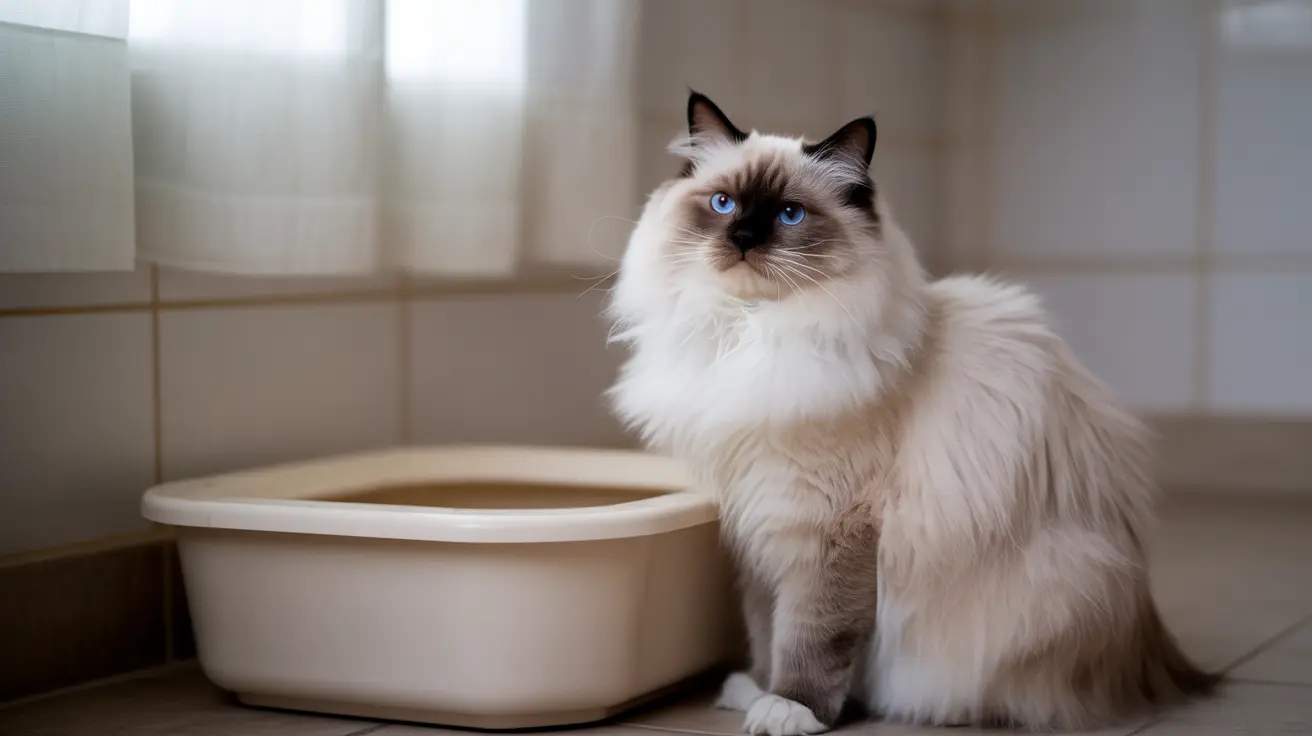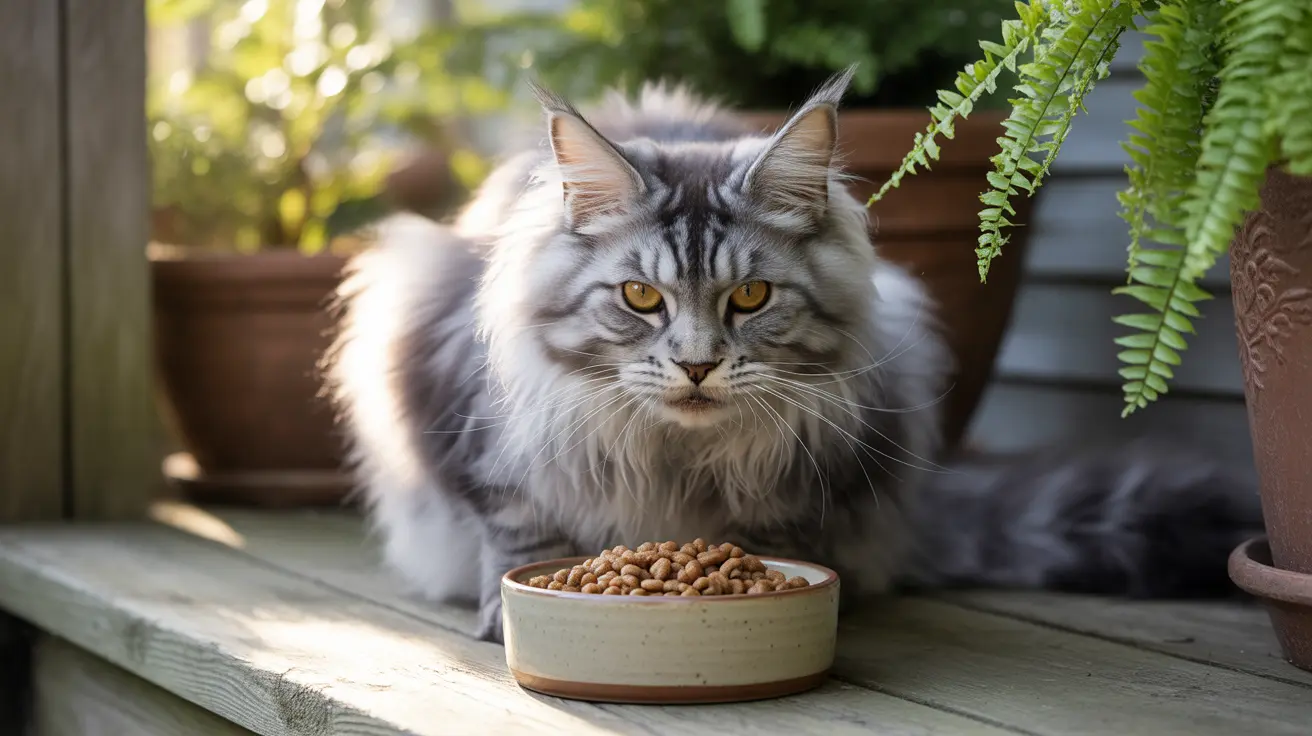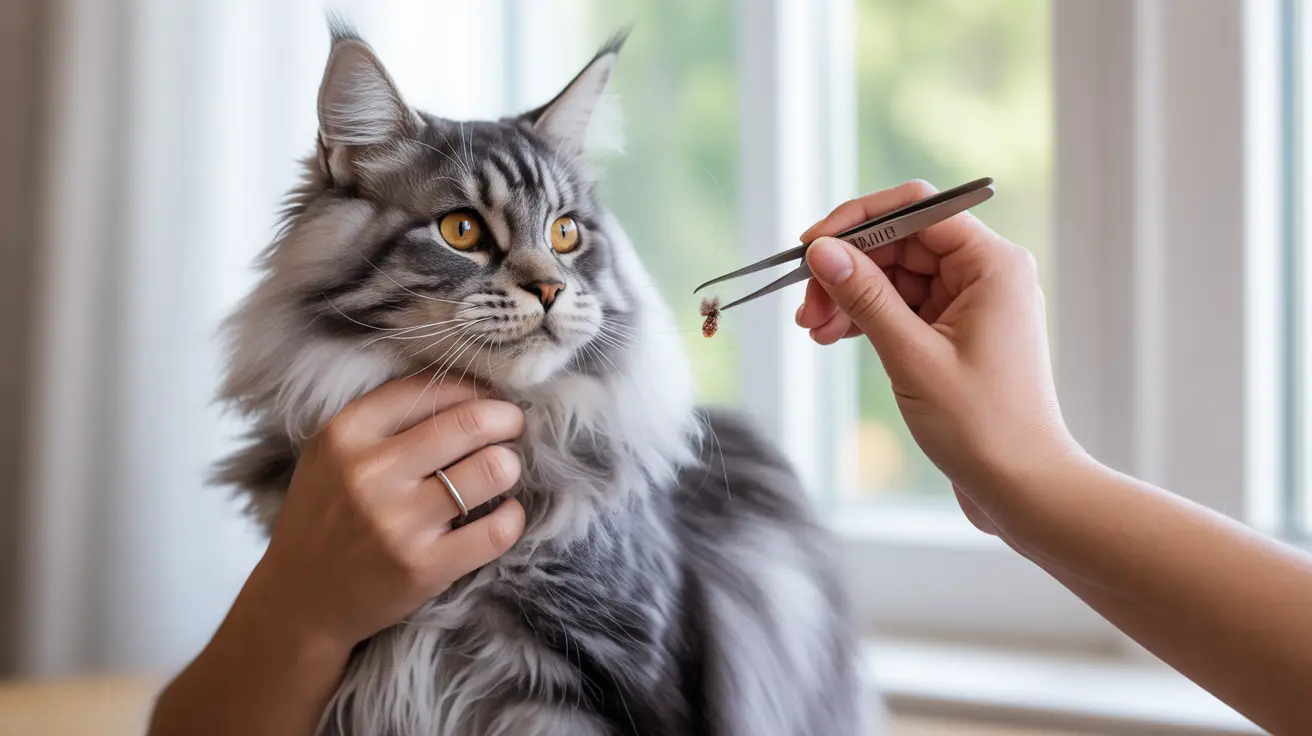Understanding Feline Immunodeficiency Virus (FIV) in Cats
Feline immunodeficiency virus (FIV) is a significant health concern for cats worldwide. While it shares some similarities with HIV in humans, FIV only affects members of the cat family and cannot infect people or other animal species. Knowing how this virus works, how it spreads, and what you can do to help an infected cat can make all the difference.
What Is FIV?
FIV is a lentivirus, meaning it progresses slowly and can remain dormant within its host for years. Prevalence varies by region—generally, about 1% to 5% of cats are infected, with higher rates among feral populations and unneutered males. The virus targets the immune system, leaving cats more susceptible to secondary infections, dental disease, chronic illnesses, and even certain cancers.
How Is FIV Transmitted?
- Bite wounds: The primary mode of transmission is through deep bites during fights—most common among territorial or outdoor male cats.
- Rare routes: Transmission through grooming, shared food/water bowls, or casual contact is very unusual. Occasionally, mothers may pass the virus to kittens during birth or nursing.
- Other rare cases: Sexual transmission and blood transfusions are possible but extremely uncommon.
This means that FIV-positive cats aren’t likely to infect others through normal social interactions unless aggressive fighting occurs.
The Course of Infection
- Acute phase: Shortly after infection, some cats may show mild symptoms—fever, swollen lymph nodes, lethargy—but these often go unnoticed.
- Latent (asymptomatic) phase: This stage can last months or even years. The cat appears healthy while the immune system gradually weakens.
- Progressive phase: Eventually, signs like weight loss, poor coat condition, recurring infections (skin, eyes, respiratory tract), mouth inflammation (gingivitis/stomatitis), diarrhea, neurological issues, and increased cancer risk may develop.
The symptoms are non-specific and overlap with many other feline illnesses. Some cats never progress past the latent phase and live long lives with minimal issues.
Diagnosing FIV
- A veterinarian will typically use a blood test (ELISA) to detect antibodies against FIV.
- If a healthy cat tests positive, further confirmation via Western blot, IFA, or PCR tests is recommended.
- Kittens under six months may carry maternal antibodies—retesting after this period helps clarify their true status.
A recently infected cat might test negative due to the window period between infection and antibody production. Accurate diagnosis requires careful timing and sometimes repeated testing.
Treatment and Management
No cure exists for FIV; management focuses on supporting overall health and preventing secondary infections. Here’s what helps most:
- Keep your cat indoors to avoid exposure to pathogens and prevent spreading the virus to others.
- Feed a nutritionally balanced diet—avoid raw meat/eggs/unpasteurized dairy because of infection risk.
- Create a low-stress environment at home; stress can further weaken immunity.
- Pursue regular veterinary care—twice-yearly checkups are ideal for catching problems early.
Dentistry matters: dental disease is common in FIV-positive cats. Regular oral hygiene reduces complications. Vaccinations and parasite prevention should be kept up-to-date per your vet’s advice. If infections occur (skin issues or respiratory problems), prompt treatment helps avoid serious illness. In select cases with severe complications like stomatitis or anemia, drugs developed for human HIV (like AZT) may be used cautiously but won’t cure the infection itself—they’re reserved for specific situations due to side effects.
Cohabitation With Other Cats
If your household has multiple cats but no fighting occurs (and you use separate feeding bowls), FIV-positive cats can safely live alongside non-infected companions. However, in shelters or homes where aggression can’t be controlled reliably—or if fighting does break out—it’s safer for FIV-positive cats to live solo or only with other infected felines.
The Role of Vaccination
An FIV vaccine has existed but isn’t widely used because its effectiveness varies by strain and it complicates future diagnostic testing (vaccinated cats will test positive). In most regions—including North America and the UK—the vaccine isn’t routinely recommended or even available anymore.
Caring for an FIV-Positive Cat
- Avoid raw foods; stick with high-quality commercial diets to reduce infection risk from bacteria/parasites present in uncooked products.
- Keep your cat indoors—not just for their safety but also so they don’t transmit the virus locally.
If your cat isn’t neutered yet, consider it: neutering reduces roaming/fighting behaviors that spread FIV among outdoor populations. Good preventive care—including regular vet visits—makes a huge difference in quality of life for infected cats. Many enjoy lifespans comparable to non-infected peers when managed attentively!





